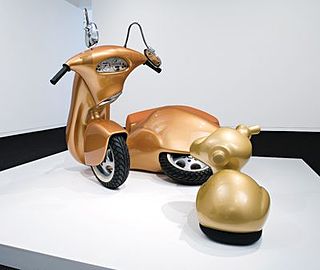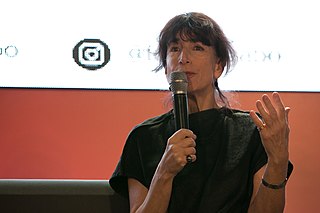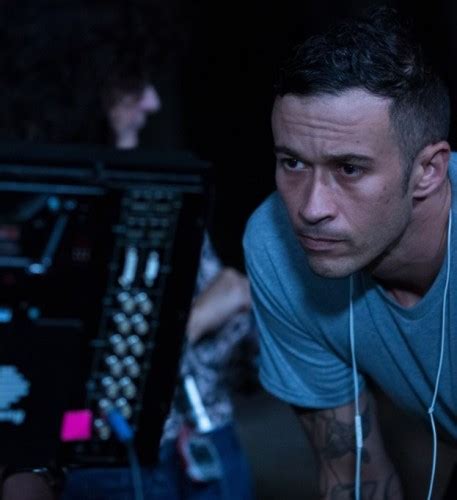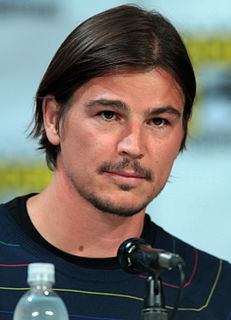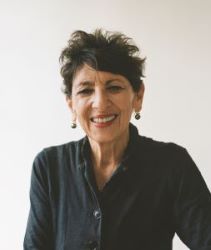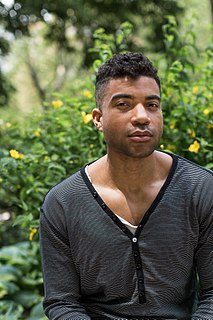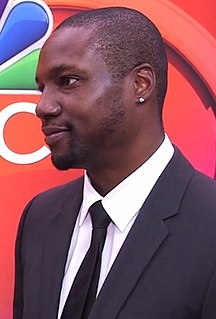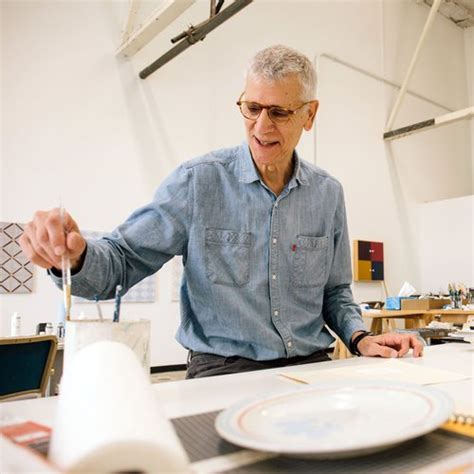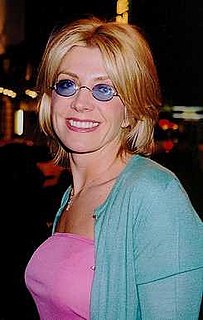A Quote by Patricia Piccinini
Obviously, I don't make an entire edition all at once, so the studio often goes back to produce editions, but that's a bit different. I guess I'm always thinking about the next work.
Related Quotes
When I'm in the studio, I'm strictly thinking about the beats, the rhymes and the song. The decision I make once the songs are created, and there's a barcode put on the package, and I'm out there in the street selling it, those decisions as a businessman are different than the creative decisions you make.
As for the multiple editions, in the case of a truly great writer - Shakespeare, Emily Dickinson, Proust, someone with a canon - there is often a "variorum" edition of the work that presents its variants. I think publishing most other writing that way would be impossible, economically, for publishers, and very ill-advised for authors.
Part of why I wanted to produce was because I wanted the opportunity to work on projects I want to see. As a writer and as a director, I'm very specific about the kinds of things that I want to do. The opportunity that producing has given me is that by working with different writers and trying to get their movies made, or developing their script, or making their movies, every time I'm doing it, I'm learning and then bringing something to my own work. I like to think that there's a little bit of back and forth that goes on.
I do think it's possible for me to go back to the studio, and for a lot of women filmmakers to be going back into studio filmmaking with a different sense of their own agency, and a different sense of the respect that they can command. When you asked the question about whether women want to be making big studio movies, the answer is almost always yes. It's just, how do they want to be treated? What is that experience going to be? And if you know the experience is gonna be shitty going into it, I personally am at a place where I'm not willing to punish myself any longer.
I once heard a sober alcoholic say that drinking never made him happy, but it made him feel like he was going to be happy in about fifteen minutes. That was exactly it, and I couldn't understand why the happiness never came, couldn't see the flaw in my thinking, couldn't see that alcohol kept me trapped in a world of illusion, procrastination, paralysis. I lived always in the future, never in the present. Next time, next time! Next time I drank it would be different, next time it would make me feel good again.
Every time I'm in the studio, I always think of my professor in undergrad. He was like, "There are so many artists in the world. If you're going to be an artist, make sure you have something to say. Don't just be an artist and put out bullshit. Have something to say." I guess that would be my philosophy and something I think about all the time. Every day when I'm in the studio I hear him and I see him. I remember him saying it in class. So that's something that I always want to make sure I have: I'm saying something with the work.
